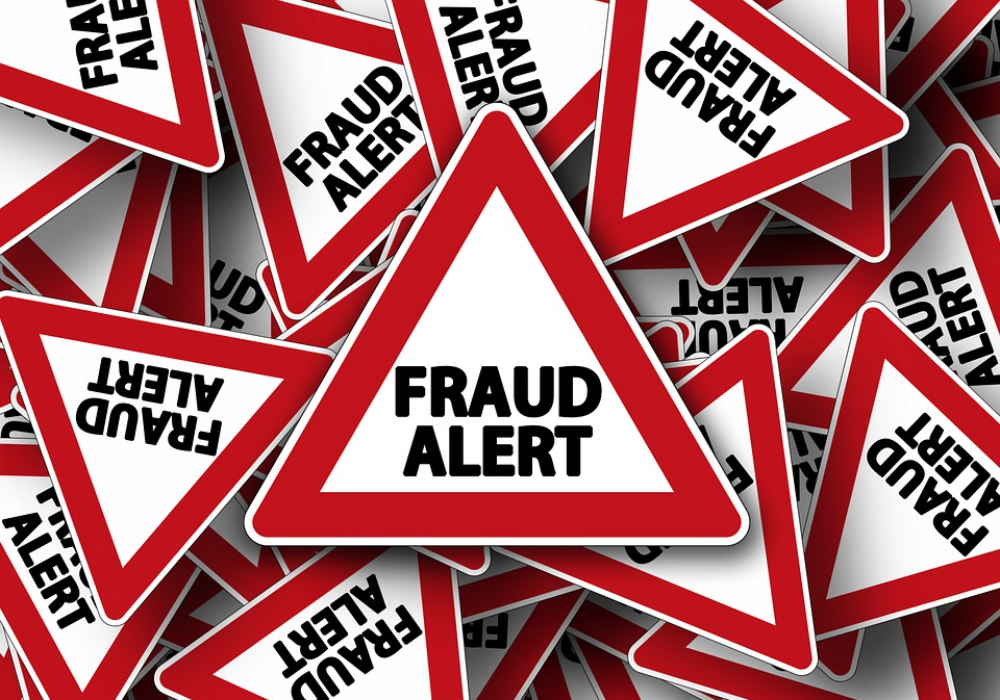Real Estate Fraud
By Mark Phoenix posted March 29, 2023
The United States Secret Service is commonly known for protecting the personal safety of the President of the United States and other high ranking Federal officials. What you may not realize is the Secret Service was originally created shortly after the Civil War as a bureau of the Department of Treasury to eradicate counterfeiting to stabilize the United States financial system.
Routinely, there are any number of real estate scams that real estate brokers are made aware of by the Secret Service and other law enforcement agencies. I thought I’d post the latest real estate scam which you may find interesting.
The Secret Service recently reported an increase in real estate fraud involving vacant properties including single family homes, multi-unit residential dwellings and vacant lots or acreage. Typically, the individual(s) perpetrating the fraud target properties that do not have a mortgage associated with it. Here is how this real estate fraud is perpetrated:
The individual(s) committing the fraud search public records to identify a property which meets their criteria. They present themselves as the property owner and contacts a RealtorÒ to list the property for sale. They frequently request the real estate agent or broker list the property for sale below the market value to attract a quick sale and seek offers which are all cash which would be suited for a swift closing.
The individual(s) committing the fraud, posing as the owner of the property, refuses to sign a listing contract, disclosures, a purchase and sale contract or any documentation in person, rather, they insist on a digital signature or a remote online notary signing.
The individual(s) committing the fraud then impersonates the notary public and proceeds to supply false documentation to closing attorney’s and any title company personnel who may be present at the closing or transfer of the title.
The title company or closing attorney, without realizing, transfers the closing proceeds to the individual(s) committing the fraud.
All communications are electronic. Nothing occurs in person.
This real estate fraud scheme, and others like it, often affects the elderly and out of the local area real property owners. There is no means to automatically notify the lawful real property owners.
How could these schemes be prevented from occurring? Initially, the burden of verification is the responsibility of the real estate agent or broker, attorney’s associated with the transaction, mortgage lenders and title insurance companies by searching the Internet for a recent photo of the property seller.
The real estate agent or broker, and all professional parties associated with the transaction should require checking for a photo identification card such as a driver’s license and taking a picture or a photocopy for their records. These professionals then can compare the name on the photographic identification with that name associated on the real property tax bill or online real property record.
The real estate agent or broker and all professional parties associated with the transaction should be alert when a real property owner wishes to accept an offer that is below market value and seeks out purchasers who are paying in cash, that is to say, a purchaser who is not mortgaging the transaction.
The real estate agent or broker should encourage real property owners to use known and trusted local real estate attorney’s and title companies to execute the closing.
There was one such occurrence in the Capital Region I am aware of where an elderly woman, living in a nursing home, had her single-family home “sold” to an unsuspecting buyer utilizing the method described above. The fraud was not detected until a grown child of the elderly, lawful owner visited the family home only to be greeted by an unfamiliar occupant who had “bought” the home a month earlier.
Avoiding such unfortunate and heart-breaking circumstances begins by simply checking and verifying personal and credible identification at the first substantive contact.
For more on this topic, visit the United States Secret Service website.





Post a comment